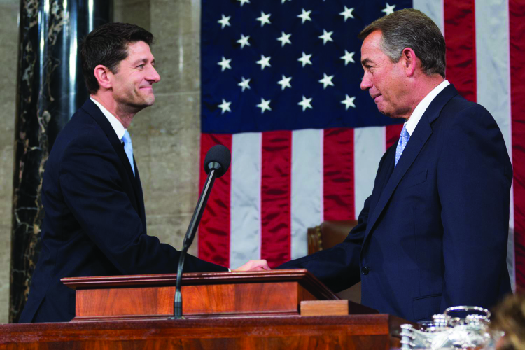| << Chapter < Page | Chapter >> Page > |
Modern political campaigns in the United States are expensive, and they have been growing more so. For example, in 1986, the costs of running a successful House and Senate campaign were $776,687 and $6,625,932, respectively, in 2014 dollars. By 2014, those values had shot to $1,466,533 and $9,655,660 (
[link] ).

Nevertheless, the complex problem of funding campaigns has a long history in the United States. For nearly the first hundred years of the republic, there were no federal campaign finance laws. Then, between the late nineteenth century and the start of World War I, Congress pushed through a flurry of reforms intended to bring order to the world of campaign finance. These laws made it illegal for politicians to solicit contributions from civil service workers, made corporate contributions illegal, and required candidates to report their fundraising. As politicians and donors soon discovered, however, these laws were full of loopholes and were easily skirted by those who knew the ins and outs of the system.
Another handful of reform attempts were therefore pushed through in the wake of World War II, but then Congress neglected campaign finance reform for a few decades. That lull ended in the early 1970s when the Federal Election Campaign Act was passed. Among other things, it created the Federal Election Commission (FEC), required candidates to disclose where their money was coming from and where they were spending it, limited individual contributions, and provided for public financing of presidential campaigns.
Another important reform occurred in 2002, when Senators John McCain (R-AZ) and Russell Feingold (D-WI) drafted, and Congress passed, the Bipartisan Campaign Reform Act (BCRA), also referred to as the McCain-Feingold Act . The purpose of this law was to limit the use of “soft money,” which is raised for purposes like party-building efforts, get-out-the-vote efforts, and issue-advocacy ads. Unlike “hard money” contributed directly to a candidate, which is heavily regulated and limited, soft money had almost no regulations or limits. It had never been a problem before the mid-1990s, when a number of very imaginative political operatives developed a great many ways to spend this money. After that, soft-money donations skyrocketed. But the McCain-Feingold bill greatly limited this type of fundraising.

Notification Switch
Would you like to follow the 'American government' conversation and receive update notifications?